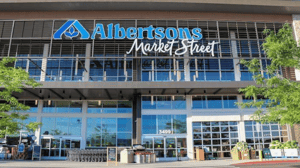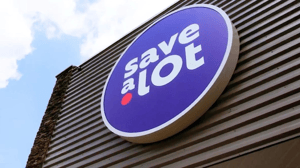Private Brand Share Could Grow 25% in Next Decade: StudyPrivate Brand Share Could Grow 25% in Next Decade: Study
A report suggests the 'mold is beginning to crack' in the segment. A report suggests the "mold is beginning to crack" in the segment.

Consumer interest in purchasing private label items has remained constant for a generation but its success has also tended to rise and fall with the economy. That may no longer be the case.
In fact, at the beginning of 2018, private label was growing at 4.1% compared to national brands at only 1.4%, according to a new study from Cadent Consulting Group. Retailers participating in the study said they expected private label to grow 5% annually over the next three years.
“Private Label has historically followed the booms and busts of the broader economy, but that mold is beginning to crack,” said Don Stuart, managing director for Cadent Consulting Group. “Private Label is growing three times the rate of national brands, and we project its share to grow to 25% in the next decade."
Millennials tended to lead the pack in private label purchases, with 32% of their baskets being filled with private label products and 95% saying they would purchase the same amount of private brand items next year, while half would purchase more. Sixty percent of millennials felt that their store brand of choice was better than others, and 54% said their choice of store is influenced by a retailer’s store brand.
The report suggests that the growth of retailers such as Trader Joe’s and Whole Foods Market “stems in large part from their shoppers’ belief that they carry superior quality products,” adding that this faith is increased by the fact that many consumers can still find their store brands even if they relocate, increasing competition with national brands.
Shoppers also indicated that they are willing travel to travel an extra 10 minutes to a store that has won them over with the price and quality of its private brand selection.
Brand value was the main driver in a consumer’s willingness to purchase store brands, with store brands in dairy and fresh foods and produce ranking highest on perceived quality and selection. Dairy also ranked best for price, Cadent said.
As new retailers enter the private label scene with fresh strategies, quality markers such as “organic” are a major player in the distinction between store and national brands, the study noted. In fact, retailers believe “organic” private label will grow 7.7% annually over the next three years, almost twice as fast as “value” private label.
Yet another opportunity in private label is the opening of channels such as health, beauty, wellness and pet products that were once safe from the competition of private label. The study showed that 74% of millennials would consider purchasing private label over-the-counter healthcare; 64% would purchase pet products; 59% would purchase personal care items; and 50% would purchase beauty items and cosmetics.
About the Author
You May Also Like






